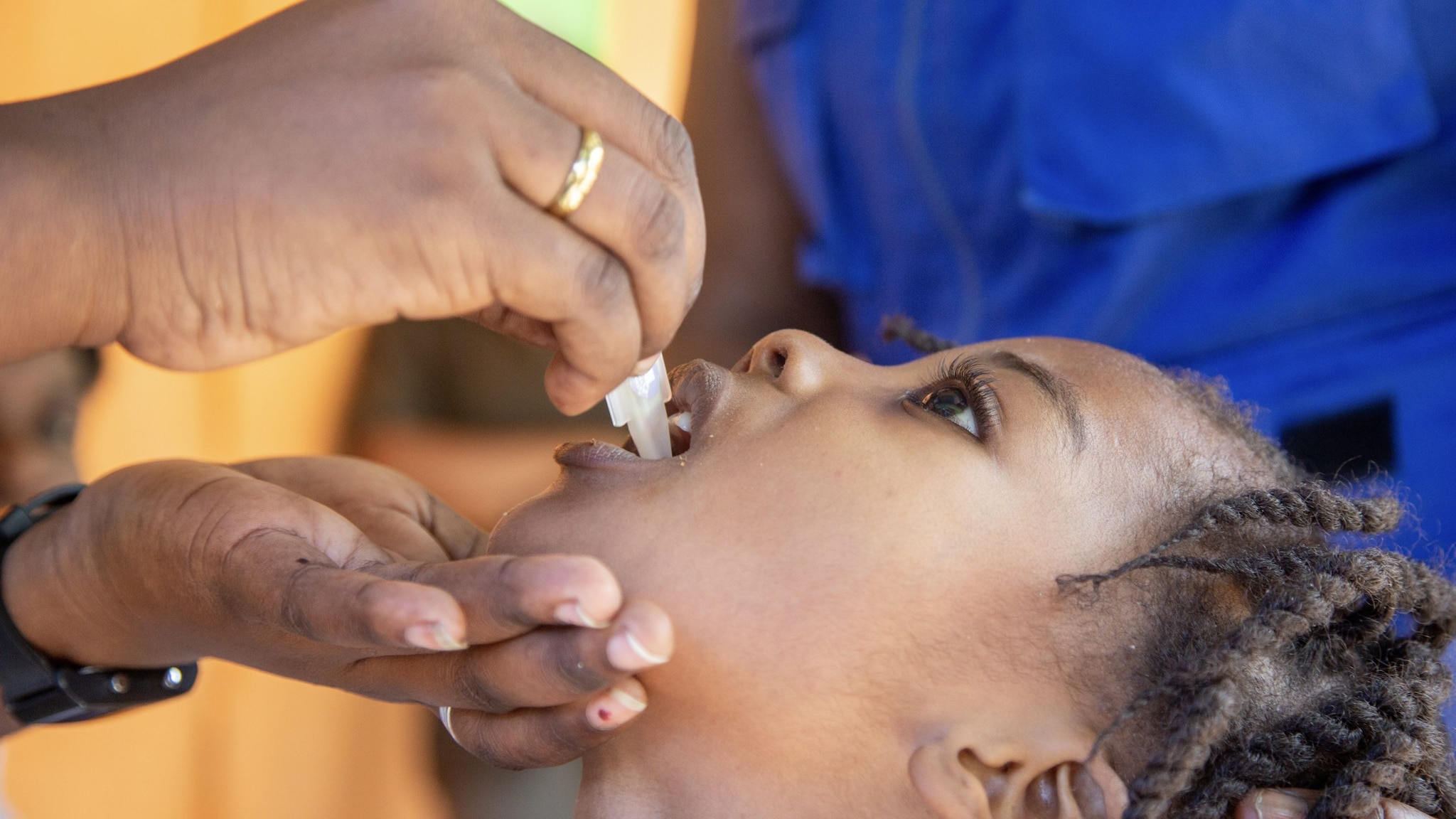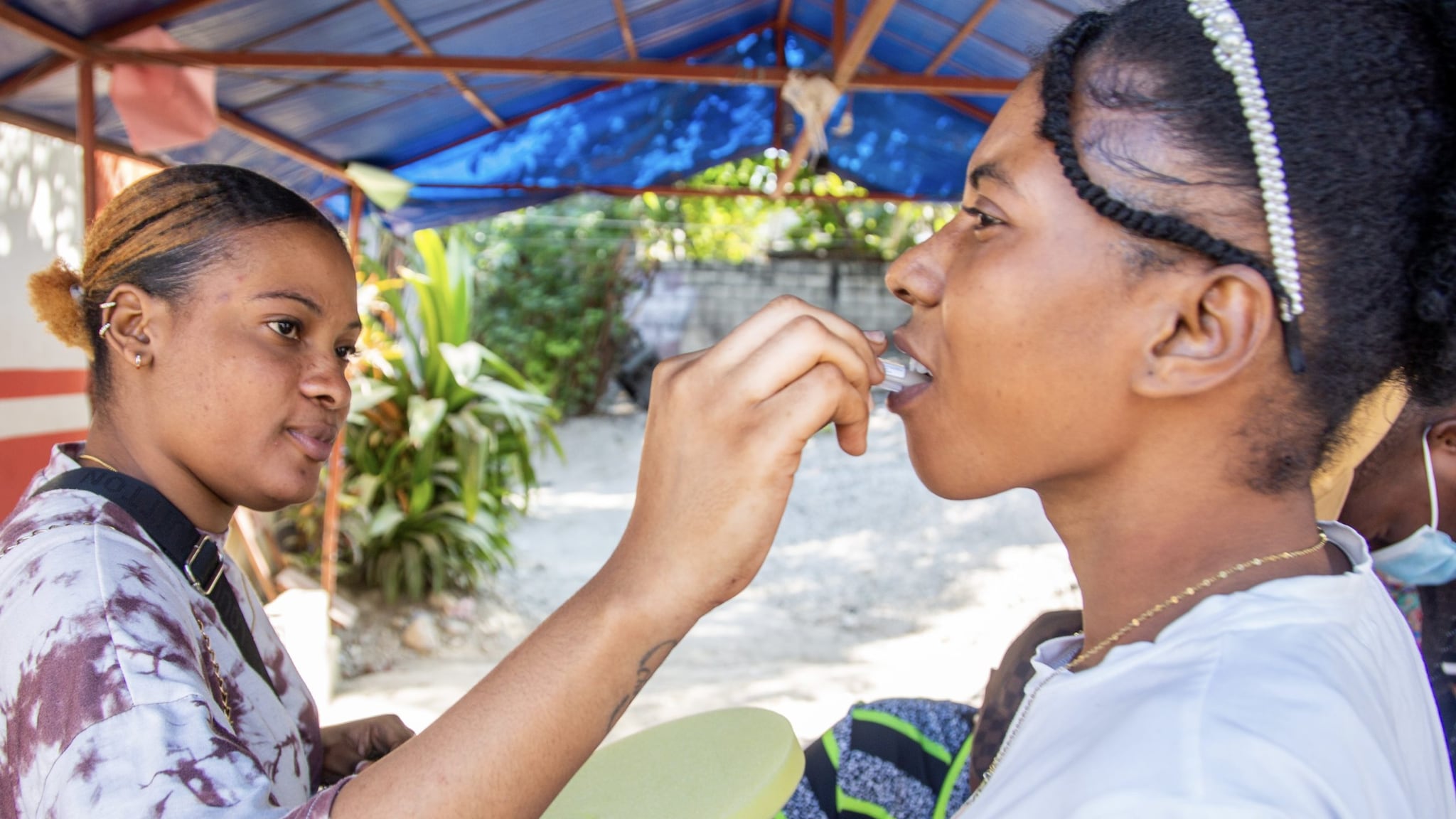What to know
Cholera is spread through water and food contaminated with cholera bacteria. It can cause life-threatening watery diarrhea and vomiting. Cholera vaccines can help prevent cholera.

When to get vaccinated
You should consider getting vaccinated against cholera if you're traveling to or living in a place where:
- Cholera is present
- There's a cholera outbreak
- The water is unsafe to drink or use
- There's a humanitarian crisis with a high risk of cholera
If vaccination is recommended, visit a doctor or travel clinic to discuss your options.
Cholera vaccines are not 100% effective. Follow CDC's cholera prevention tips to help stay safe when visiting or living in an area with cholera.
Different cholera vaccines

Vaxchora
Vaxchora is the only cholera vaccine approved for use in the United States. The FDA approved Vaxchora for people ages 2-to-64 years traveling to an area where cholera is present. The vaccine, a single dose taken by mouth, should be given at least 10 days before traveling.
Vaxchora's manufacturer reports the vaccine reduces the chance of moderate and severe diarrhea in people ages 18-45 years by 90% at 10 days after vaccination, and by 80% at 3 months. It is unknown how long protection lasts beyond 3 months.
Dukoral and Euvichol-Plus
Two oral cholera vaccines have been approved by the World Health Organization (WHO). These vaccines are not available in the United States. They are:
- Dukoral
- Euvichol-Plus/Euvichol
To learn more about these vaccines, visit the World Health Organization Cholera Vaccines page.
Cholera Vaccines Approved by FDA or WHO
| Vaccine name (Manufacturer) |
Number of doses recommended | Recommended age | How long vaccination is effective | Available in the U.S.? |
|---|---|---|---|---|
| Vaxchora (Emergent BioSolutions) |
1 dose | 2-64 years | At least 3–6 months | Yes |
| Dukoral (SBL Vaccines) |
2 doses, given 1-6 weeks apart
(Children ages 2-5 years need 3 doses, given 1-6 weeks apart) |
2 years and older | 2 years | No |
| Euvichol/Euvichol-Plus (EuBiologics) |
2 doses, given at least 2 weeks apart | 1 year and older | At least 3 years for 2 doses. (One dose provides short-term protection for about one year.) | No |
